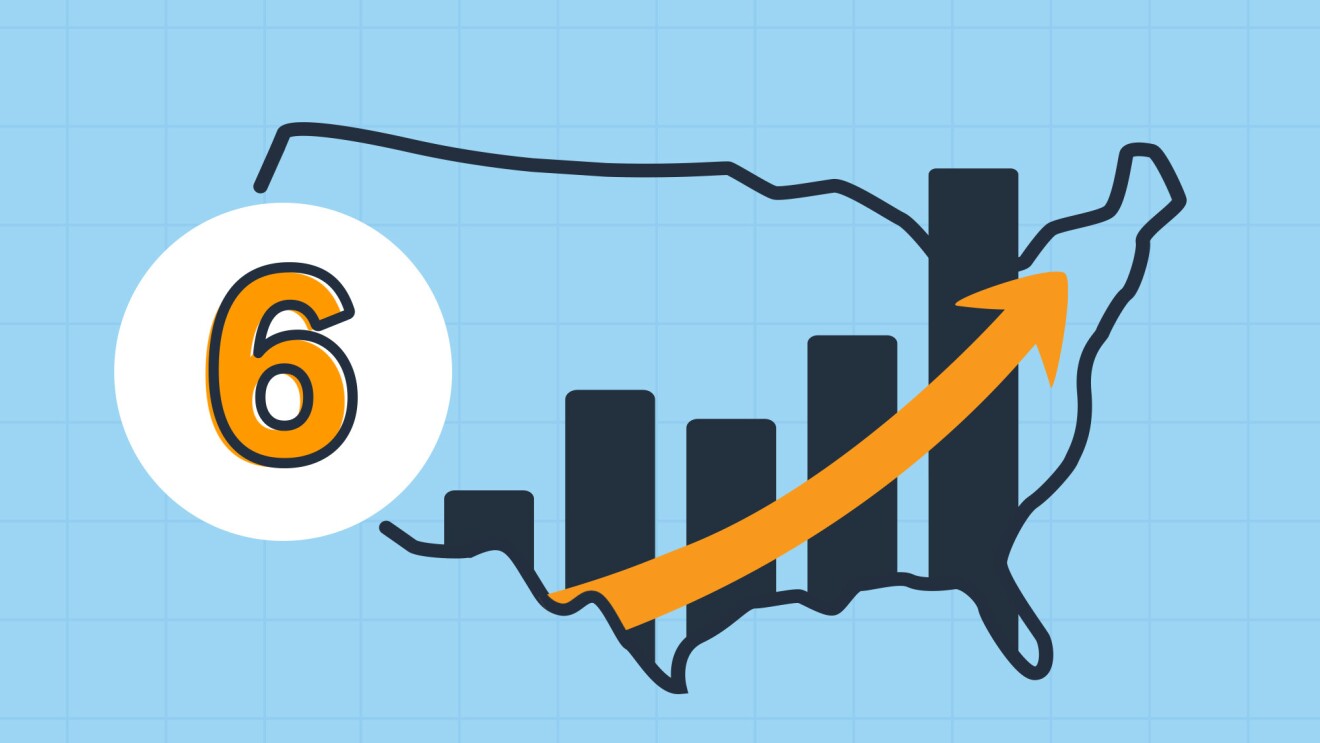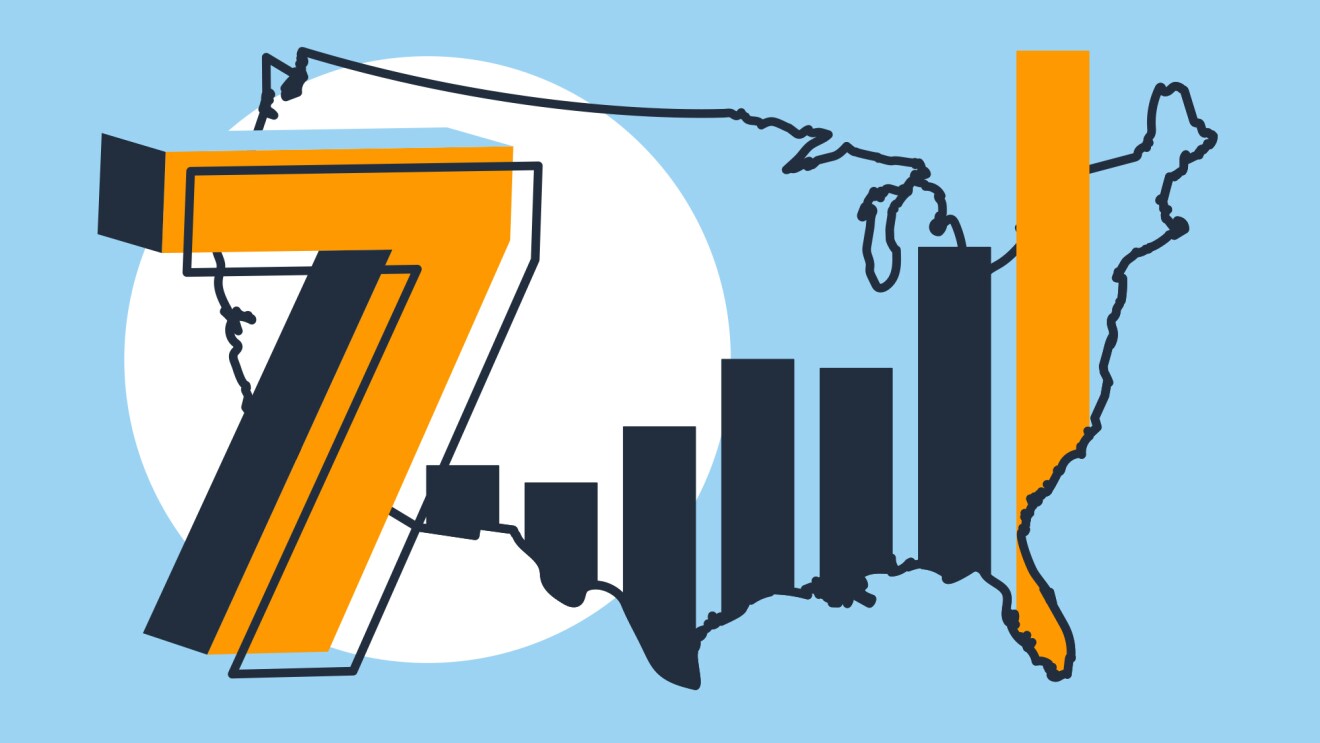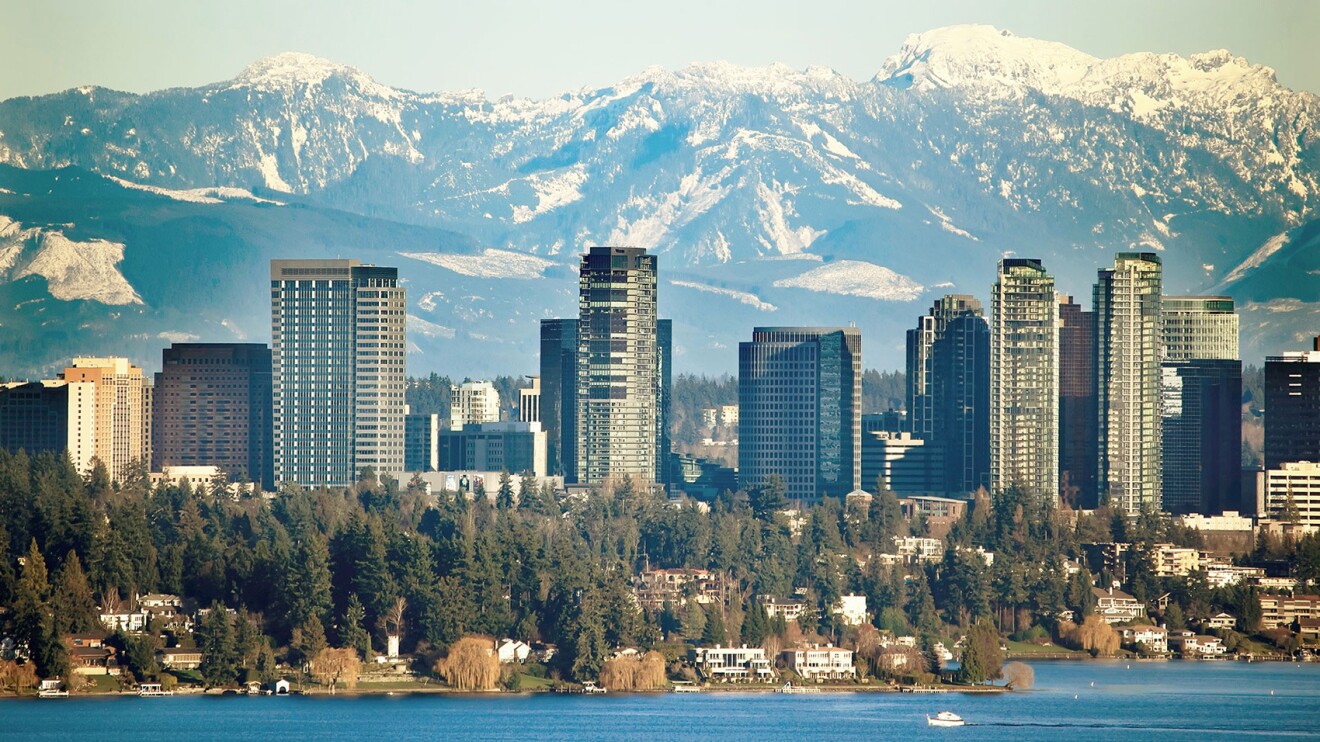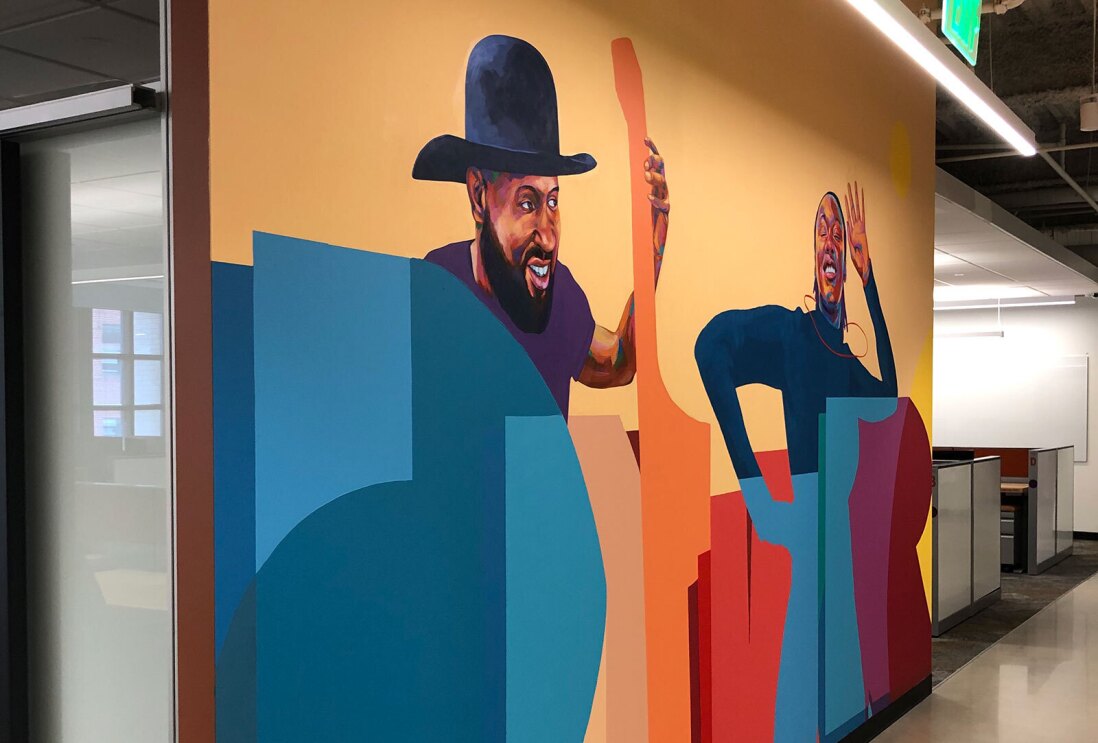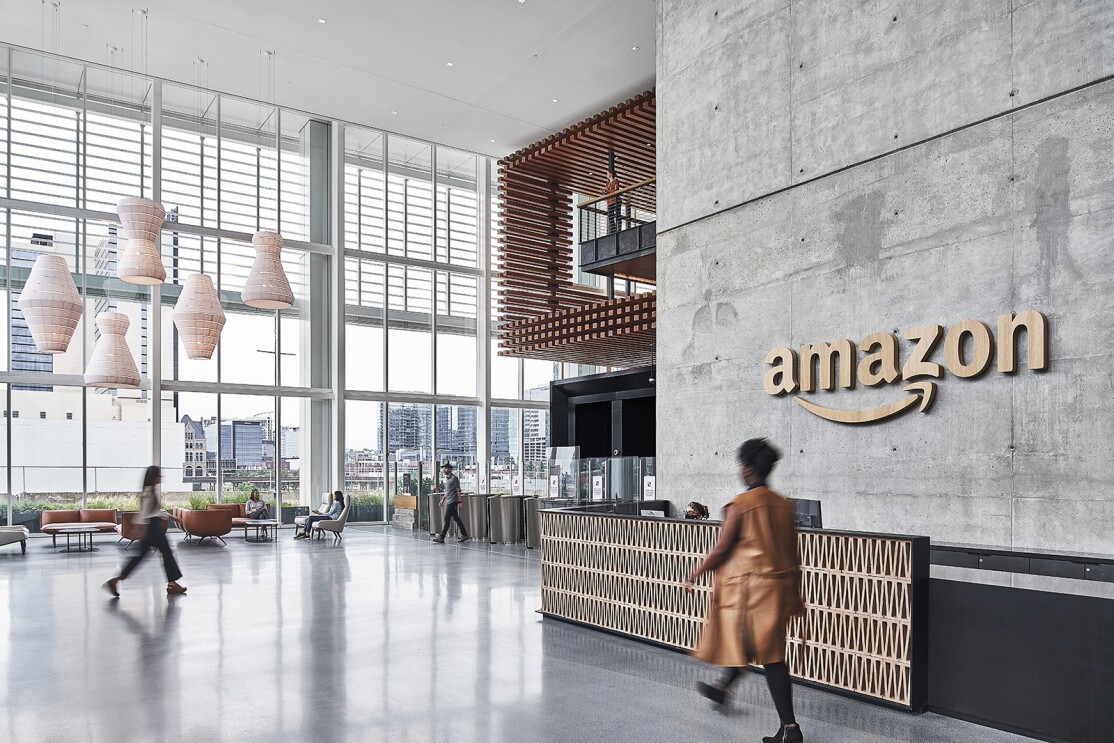The New York Times recently reported on the impact of Amazon’s $15 starting wage as captured by a new paper from economists at the University of California-Berkley and Brandeis University. The article and report reflect what we’ve heard from Amazon employees, their families, and communities since increasing our wages in 2018: the investments we made in our hourly employees directly impacted wages for hourly-wage workers at other businesses in the same geographic area.
Researchers Ellora Derenoncourt, Clemens Noelke, and David Weil looked at whether wage increases by Amazon and other large employers had spillover effects for other people working in the same geographical area. Using data from job posting sites and the Current Population Survey the professors were able observe significant changes in entry-level salaries after Amazon’s decision.
Here are their main findings:
- Non-Amazon employees also benefitted from Amazon’s wage increase. Researchers found that Amazon’s decision to hike its starting wage to $15 an hour in October 2018 had a positive impact on other wages in local labor markets where Amazon operates. The company’s pay raise resulted in a 4.7% increase in the average hourly wage among other employers in the same labor market (commuting zone).
- Increasing starting wages to $15 an hour did not result in widespread job loss. The research showed no significant job losses after Amazon and other local employers raised their starting wages. The authors found that the probability of employment decreased only 0.8 percentage points following the salary increases.
- Wage increases were significant and real. The authors confirmed that changes in advertised wages—the salaries that employers post in their job offers—reflected true changes in wage policies by employers. To check, researchers used data on worker-reported wages from the job review platform Glassdoor and compared it with data reported by Burning Glass, an analytics firm that tracks job data. The study concluded that employees were self-reporting wages that matched the salaries employers were advertising.
Since Amazon raised its starting wage more than two years ago, we’ve been urging Congress to increase the federal minimum wage, which has been stuck at $7.25 since 2009. This study and other research provide evidence that updating the minimum wage can have a positive impact for families and fuel economic growth in communities across the country.
To learn more about our efforts around this topic visit www.amazon.com/15, find The New York Times article here. And the full research paper here.
Trending news and stories
- Amazon unveils 7 new robots powering faster, safer deliveries: Go inside our most innovative delivery station yet
- Introducing Vulcan: Amazon's first robot with a sense of touch
- This new AI tech will make sorting packages easier for Amazon's delivery station employees
- 15 photos from Project Kuiper's first launch of low Earth orbit satellites


